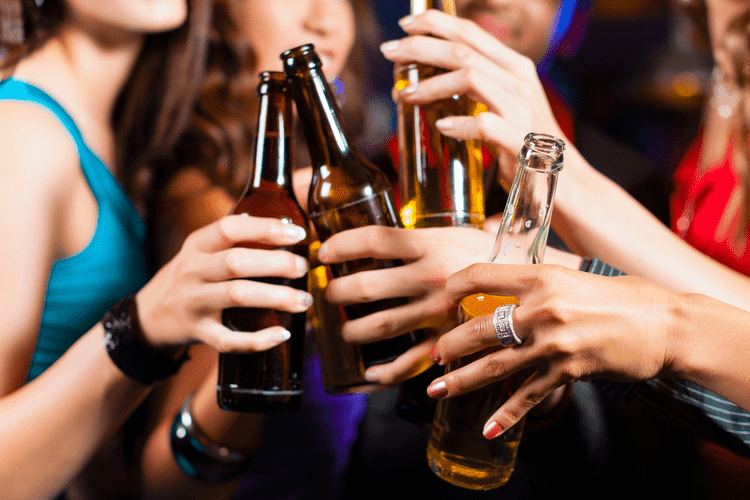In these cases, she said that talking with a healthcare provider about taking specific withdrawal medication could be helpful. Talk therapy, either as an individual or Drug rehabilitation as part of a group, can also offer support through the process of quitting. It is still unknown whether these positive effects of abstinence persist beyond a month, but Moore speculated it could be possible. “It’s quite clear that alcohol has a physiological effect on the body, so I’d be surprised if all those effects just wore off,” he said. The team saw these results after adjusting for changes in diet, exercise and smoking, so the changes could be linked to people’s alcohol use.
Tips for quitting alcohol and staying sober long-term
For women, it takes just 12 or more a week to enter the trouble zone. Whether it’s a little added stress relief or an attempt to add a little fun to your evenings, many of us are adding another cocktail, beer, or glass of wine at night. But even if you don’t notice the change, if you look at the science of what happens to your body when you stop drinking, let’s just say you might have second thoughts about leaning into this habit. While alcohol is high in calories, and wine, beer, and mixed drinks add sugar to one’s diet, cutting it out may or may not help you lose weight depending on how much alcohol you consume regularly.
- But the good news is, the first 12 to 24 hours of sobriety is also when the healing also begins.
- According to a study published in the American Journal of Nutrition, alcohol is one of the biggest drivers of excess food intake.
- Relationships are complicated, and each one will develop and heal in different ways and timeframes.
Top Reads in Health Education
But among the factors that are within our control, like diet and lifestyle choices, drinking alcohol may have a profound impact on our chances of developing cancer. Relative to those who have less than one drink per week, men who have two or more drinks per day increase their lifetime risk of cancer by 3.1%, and that number goes up to 5.3% for women. “If you are struggling to quit alcohol and experiencing severe withdrawal symptoms like hallucinations, seizures or extreme anxiety, it’s crucial to seek immediate medical attention,” advises Dr. Kellogg. If you have a history of severe alcohol dependence, he recommends consulting a health care professional before quitting, as abrupt cessation can be life threatening. For those with an alcohol use disorder, there are effective prescription medications that can be helpful when abstaining from alcohol.

The first few days:
Now, having that many drinks over the course of seven days doesn’t mean you’re an alcoholic (though it can put you at what happens when you stop drinking risk of developing a dependency). First of all, alcohol in moderation is mostly fine and maybe even good for you, according to some research. The problem lies in the fact that it’s surprisingly easy to exceed what the experts call “moderate” drinking. For men, imbibing 15 or more drinks per week renders them a “heavy” or “problem” drinker.

Anyone who successfully stops drinking for a whole month is more likely to abstain from alcohol for 6 months. Unless you’ve replaced the empty calories of alcoholic drinks with another indulgent food, you’ve probably cut 2000 calories by the second week’s end. You may find your scale reading a pound or two lighter than before. Many former drinkers will continue to see improvements in their sleep patterns, their hydration, and their skin health.



